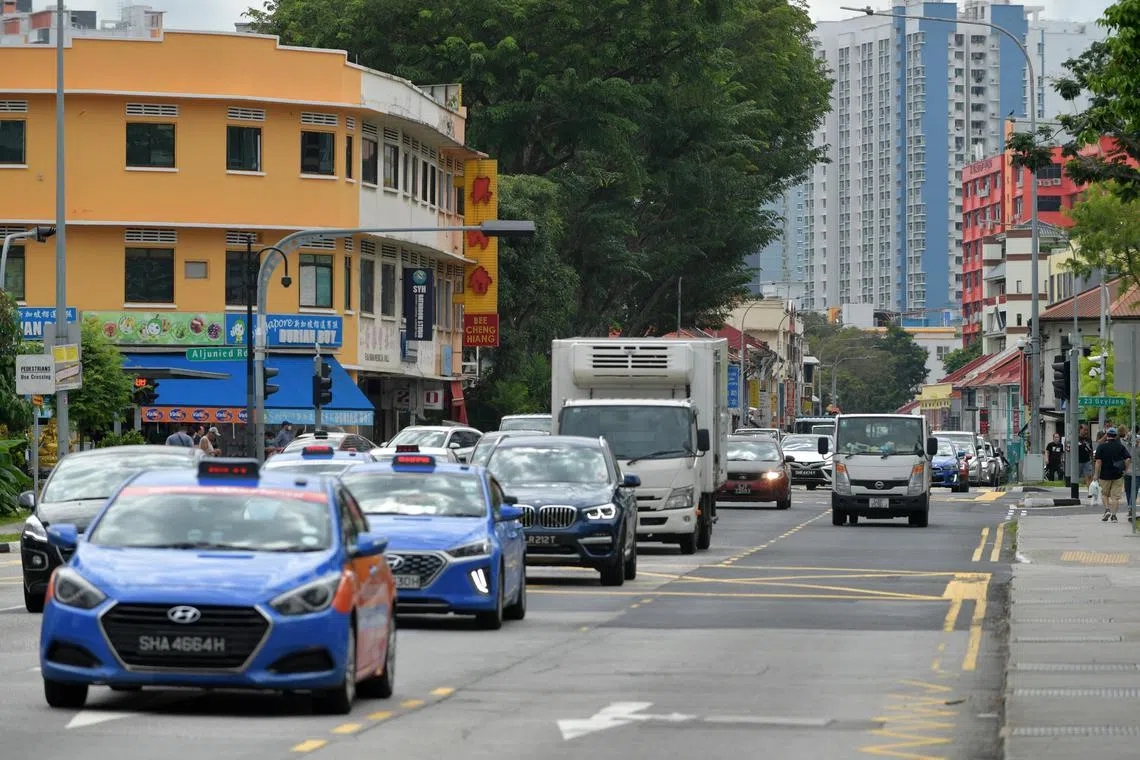Torque Shop: Smooth driving is efficient driving
Sign up now: Get ST's newsletters delivered to your inbox

A constant throttle saves fuel.
PHOTO: ST FILE
Shreejit Changaroth
Follow topic:
Many taxi and private-hire vehicle drivers practise a very unusual style of driving. This involves accelerating for a few seconds, then lifting their foot off the accelerator suddenly. On a recent ride from the airport to the west, the driver of the taxi I was in maintained this style of driving all the way. Is there a reason for this and are there any benefits?
This appears to be quite a common idiosyncrasy with hired-vehicle drivers. Many of them believe it is a method to reduce the amount of fuel consumed. But they are, in fact, reducing efficiency.
In any vehicle, energy consumption (fuel or electricity) is significantly higher when accelerating than when cruising. Each time the accelerator is released, the vehicle slows down, requiring a boost of acceleration and an extra injection of energy to bring it beyond the average desired cruising speed.
Hence, for example, to maintain an average speed of 80kmh, the vehicle is shunting between 70kmh and 90kmh. The amount of fuel or battery charge saved during the lift-off phase is more than offset by the energy needed to accelerate back up to speed.
It makes sense if the lift-off occurs down slope, when the car is allowed to coast without losing speed. Many modern cars automatically disengage drive in such a situation, saving more fuel.
At other times, a constant throttle at a cruising speed is the most efficient way to drive.
Meanwhile, driving an electronic vehicle with the brake regeneration mode at its highest setting is not necessarily the most efficient way of driving either. On highways especially, it is more efficient to be in coasting mode.
The practice of “on-off” driving is a result of nothing more than a misinformed notion. It actually causes an increase in consumption – and a headache to the vehicle’s occupants.

